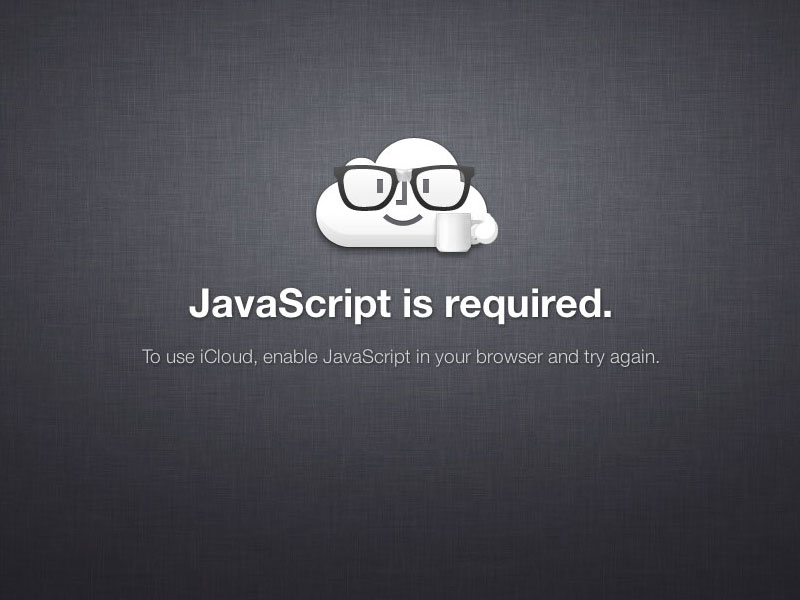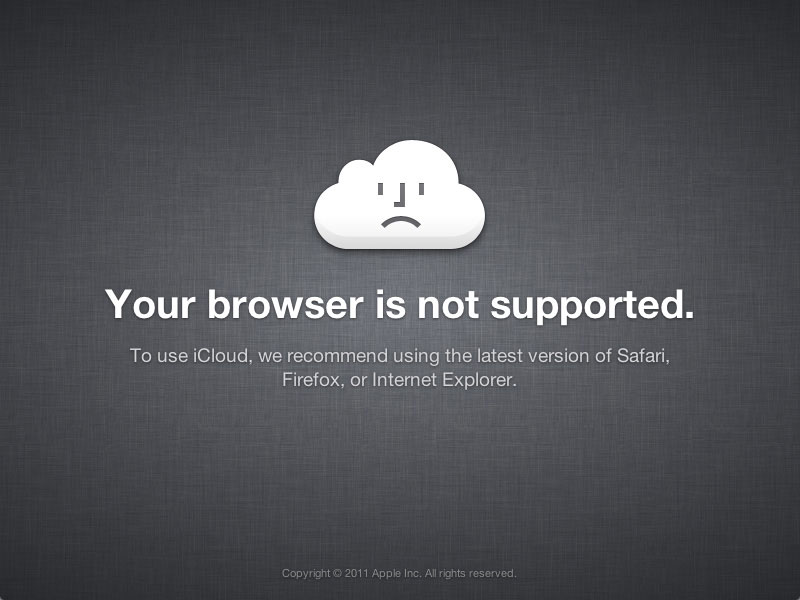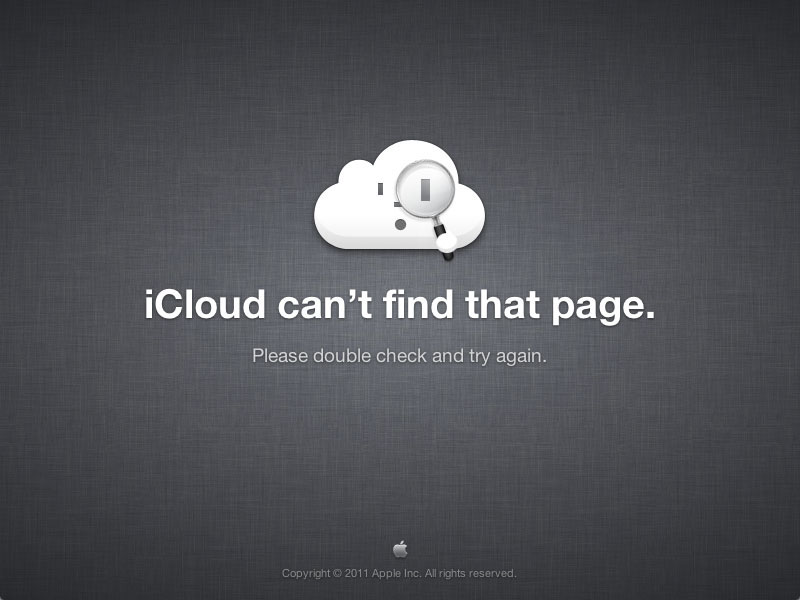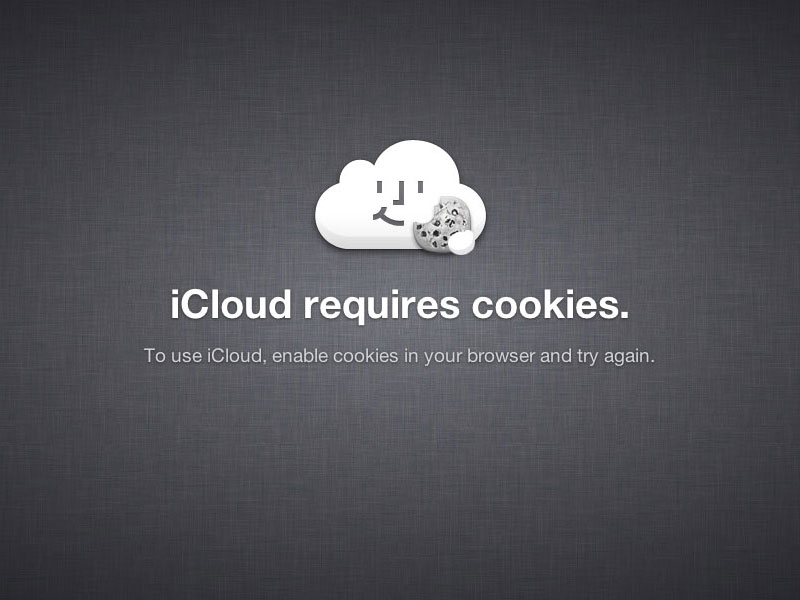HP Kills webOS
It all makes sense now:
HP reported that it plans to announce that it will discontinue operations for webOS devices, specifically the TouchPad and webOS phones. HP will continue to explore options to optimize the value of webOS software going forward.
Given the current legal climate, “optimize the value of webOS” most likely means selling off the patents HP took ownership of in following its acquisition of Palm.
It’s a sad, sad day for Palm and webOS fans.
(via The Next Web)
Another HP Launch Blunder
Not even a couple of hours pass since my post yesterday about HP’s launch problems that HP goes and fails at yet another launch. This time the victim is the white TouchPad. The new color is more than a cosmetic change, since the white version also features a faster processor than the black TouchPad and a doubling in storage to 64 GB. The new TouchPad was discovered by PreCentral last night:
[T]rue to HP form, they’ve up an unceremoniously revealed it in Europe. A small footnote of a button has been added to HP France’s TouchPad landing page, advertising the “The all new HP TouchPad white lacquer 64GB, available soon.”
C'mon, HP, not even a jab at Apple for taking ten months to launch the white iPhone when you can launch a white TouchPad with upgraded internals in two? Weak.
HP's Two Problems
Matt Rosoff thinks the solution to HP’s mobile woes is for them to license webOS. This is the wrong way to go as is made evident by Google’s acquisition of Motorola. Unless HP wants to continue Palm’s decline in the mobile space, they need to fix two things: their devices and their delivery.
The big takeaways from my experience with the Pre 2 were that the OS was great to use and there are plenty of apps out there in the App Catalog (and even more apps and tweaks in the homebrew catalog), but that the screen was too small to be useful as a long-term phone. The Pre 1 and 2 have 3.1" screens, while the Pixi and the first HP-branded webOS phone, the Veer have microscopic 2.6" screens. I just couldn’t get enough information on the screen at once, and scrolling and pinching got annoying quickly.
Further, there’s a glut of 10" tablets on the market. The iPad dominates the market and the ten or so 10" Android tablets do nothing to help HP’s situation there. 7" tablets are completely different when it comes to portability, there isn’t as much competition at this screen size, and Apple has stated that they have no intentions to build a 7" tablet (which means that it’s coming, but it’s not here yet and doesn’t have 80-95% market share like the 10" iPad does). A $250-$300 7" tablet has the opportunity to give HP a nice foothold into the market, and once they do, they can go back and fight for 2nd place in the 10" market. Building 7" marketshare and building consumer mindshare to eliminate also-ran status is the only way HP (or anyone else for that matter) will have a fighting chance in the tablet space.
The recent price drop and subsequent news that Best Buy has sold only 25,000 TouchPads of the 300,000 they were shipped make clear that the TouchPad is a bust, much to the dismay of many who were hoping that HP could save the world from the iPad’s complete domination and Honeycomb’s complete mediocrity. Most, if not all, of the TouchPad reviews made these two points: that the TouchPad has its share of performance and stability problems and that a patch in the following weeks would fix all those problems. The patch came and many writers posted small updates, but the damage from those initial reviews was already done. Why didn’t HP wait those few weeks and launch the device with the patch?
Today, there were quiet rumblings that the Pre 3, originally announced back in February, had launched in the UK. Brad Molen at Engadget reports:
Pop quiz: what’s the best way to launch a phone that’s left us waiting with anticipation for seven months? HP’s answer is to quietly release it on its European store without any pomp or circumstance. We have no idea why the company chose to start selling the Pre 3, its new flagship phone, without any media buzz.
It was only after PreCentral noticed the Pre 3 on Palm’s online store did they receive a statement from HP:
HP is excited to begin its regional rollout of Pre3, the only phone today that offers users a slide-out keyboard coupled with a large touchscreen and the fastest speed (1.4GHz processor – the fastest on the market). We expect to share additional information for U.S. customers soon.
Unbelievable. I know HP is used to releasing new DeskJets and Pavilions without much more than a packing slip, but the mobile market is hardly commoditized (especially when you’re not the one shipping yet another Android phone) and HP needs to turn things quickly in order to save their ticket to future, because we all know it isn’t printers and Windows.
iCloud Error Pages




Note the minor jab at Google by leaving it out of the recommended browser list.
msg:
These are super cute and personable but what I find most fascinating is that Google Chrome is not listed as part of the compatible browsers.Love the level of detail on the new iCloud site!
Increasing iPhone "Liquidity"
The other day I was wondering why Apple would release an unlocked iPhone in the U.S. this late in the life of the iPhone 4. Horace Dediu of Asymco (who just started doing an awesome new show with Dan Benjamin) argues that it’s not meant for the U.S., but for tourists who can’t get iPhones in their home countries:
The way to think about it is that the iPhone has just become more “liquid” and it can now flow to parts of the world where it has been difficult to acquire. The iPhone was already liquid to some degree with unlocking and sales through Hong Kong/UK, but the US market’s retail footprint and the lower costs that result will boost liquidity dramatically and probably increase volumes substantially.